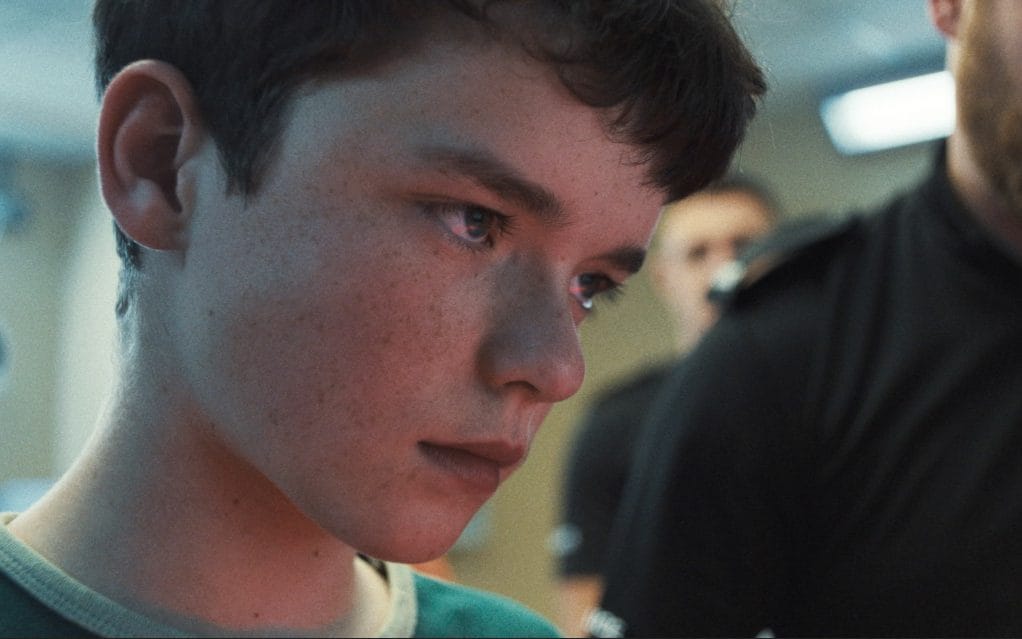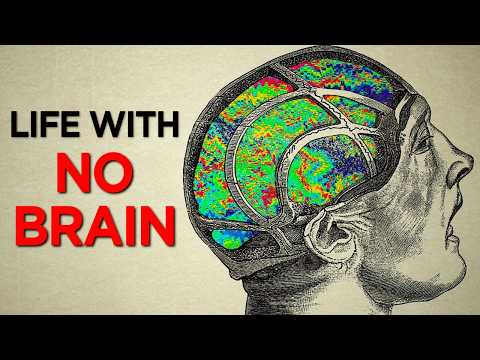
In my previous incarnation, I served as a teaching assistant at a preparatory school, which transformed me into a proponent of mandatory military service. Up until around age 11, the students were well-behaved and receptive to learning. However, after this point, they grew combative and preoccupied with sexuality, often dealing with acne issues. My aim was to encourage them to study "Lord of the Flies," but their lives seemed more consumed with actually experiencing those challenges firsthand.
Adolescence
A television series that centers around the apprehension of a 13-year-old accused of murder offers nothing new to educators. However, it distinguishes itself from today’s overly manufactured content through its refined minimalism: utilizing just one camera and capturing everything in a single shot. The show navigates through legal proceedings with realistic pacing, almost like secretly observing a common misfortune unfold. Such timely storytelling is what the BBC claims exclusively belongs to them; however, it was actually Netflix that managed to create this compelling piece.
In every episode, the setting revolves around an organization—a police station, a school, or a detention center—that appears to operate mainly to suppress violent behavior. This preoccupation with controlling outbreaks leaves little room for their intended responsibilities. A friend messaged me saying, "This is the most accurate depiction of a high school I've come across on television." The reason? "They're constantly watching videos."
The students are detained in class to keep them away from the streets—one of them escapes through an open window—and the adults appear to be more naive than the children. The police struggle to understand why the boy named Jamie fatally stabbed a pleasant girl who seemingly admired him until a clueless teenager deciphers her Instagram messages. It turns out she was ridiculing him using emojis; meanwhile, Jamie saw this as a challenge to his masculinity.
Andrew Tate
"Damn," groans an officer, as though Tate — a fascist online personality — is like a serpentine force corrupting the innocence of childhood.
Experts have seized upon the show as evidence against the modern "manosphere" (a columnist even received the distressing title "If You Know a 13-Year-Old Boy, Talk to Him About What Being a Man Is," which seems reminiscent of something a predator might say). However, this storyline has been around for quite some time.
Lord of the Flies
,
Blackboard Jungle
,
Scum
— All these dramas addressed the issue of young men's anger, and the writers behind them
Adolescence
Jack Throne and Stephen Graham suggest it is an inherent and recurring trait. Jamie’s father previously "destroyed the shed" out of anger; he was also beaten by his own father. The narrative comes across as a reflection on the Christian notion of Original Sin, which is often misinterpreted.
Today’s society often assumes that people start life with minds as empty as blank sheets of paper and become tainted by external factors such as poverty, racism, among others — thus dismissing the concept of original sin as an outdated notion from times when children were considered inherently evil and routinely punished. However, this perspective reverses the truth. The idea of original sin posits that humans are innately inclined towards goodness but face numerous temptations which they struggle to avoid because of their genetic makeup and upbringing. Recalling my early teens, I recall witnessing a friend nonchalantly ripping the limbs off a spider. At the time, I desperately wanted his approval, so I didn’t intervene.
Recognizing the inherent propensity for aggression in all boys marks the initial stage toward controlling this behavior via discipline and ethical instruction. However, our society not only rejects the fundamental nature of humanity but also harshly penalizes individuals who highlight this reality. Principals known for their strictness are branded as "elitists." Doctors advising men to embrace toughness are dubbed "harmful." Simultaneously, overly active children find themselves prescribed medications, while some exceptionally troubled youth end up being transitioned to female identities. The philosophy advocating constant compassion—eschewing labels and judgments at every turn—often yields unintended cruelty. This approach fails to impart knowledge regarding wrongdoing. Moreover, it merely burdens us further with these issues.
What might occur to Jamie? Can you envision the community forgiving him someday? Alternatively, even if he reconciles with his actions, will he manage to find self-forgiveness? In an indifferent universe, it becomes simple to be remembered solely for your most egregious deed.
From a Christian perspective, Jamie undoubtedly needs punishment; however, God, the loving judge, stays with him throughout his journey—from committing the crime to being confined in a cell—never forsaking him and encouraging him toward remorse.
Christianity, rather than being consumed by guilt, functions much like an industry dedicated to alleviating it—just as effective as Daz for bleaching clothes or as healing as penicillin. It provides prayers and sacraments aimed at helping individuals confront themselves and liberate themselves, enabling them to begin anew. Personal growth may span a lifetime; hence, maturing is truly remarkable. A highly acclaimed scene features Jamie interacting with his psychologist, where he shifts between acting like a frightened child complaining about a pickle in their sandwich and a grown-up hurling chairs and shouting, "What do you think of me?!" This encapsulates the core issue perfectly. Adolescents often believe they are constantly under scrutiny and ridicule.
Recently, our world has begun behaving this way. Social media acts as a mirror for narcissists, providing both a platform for seeking approval and one for facing mockery. It also serves as an uncensored arena where cyberbullying can flourish unchecked.
It was such a relief to mature beyond this nonsense! In the 21st century, which tends towards superficiality and materialism, aging is often associated with suffering and becoming outdated, something people try to delay using Botox or avoid through devices like Esther Rantzen’s deathpod.
However, indeed, it is an honor to grow older, to cultivate patience and understanding, and to have the ability to savor the subtleties of exceptional artwork, such as
Adolescence
, not glancing out the window, pondering when the bell will sound.
Subscribe to the Front Page newsletter at no cost: Your daily must-read summary of The Telegraph’s key stories—delivered right to your mailbox every day of the week.



















 Read more
Read more






